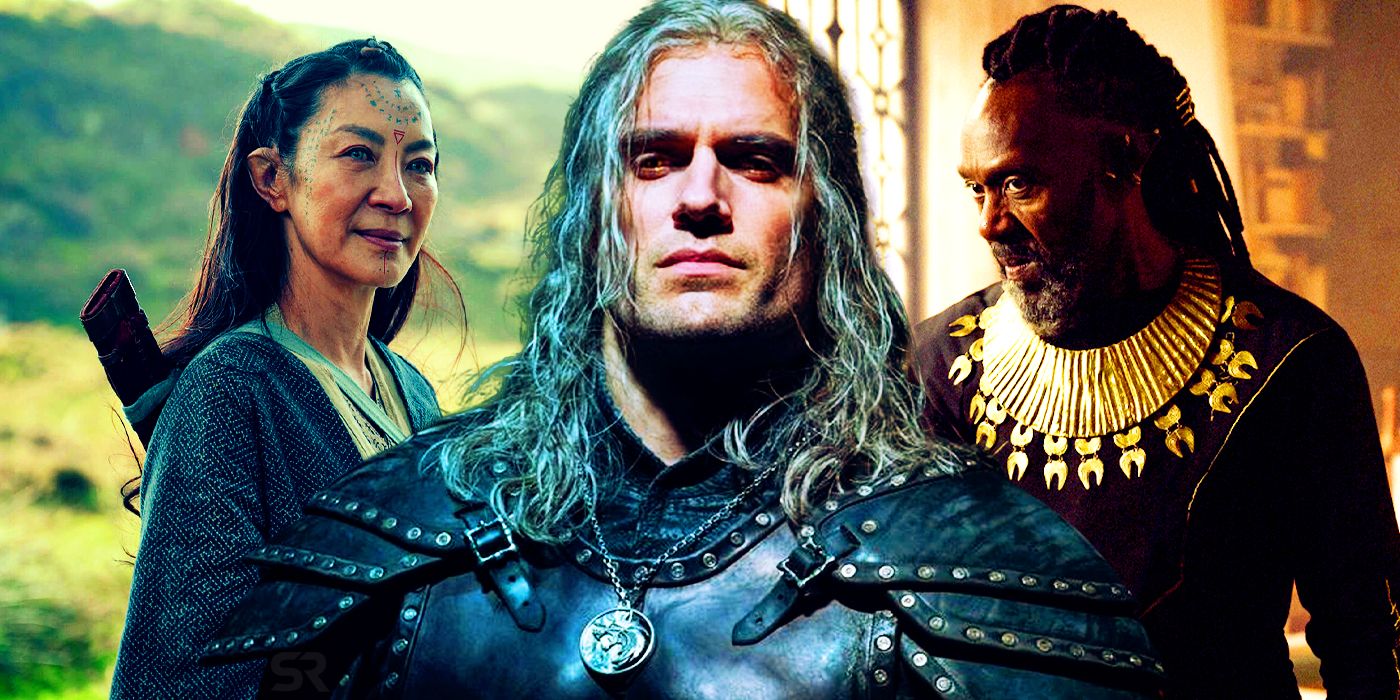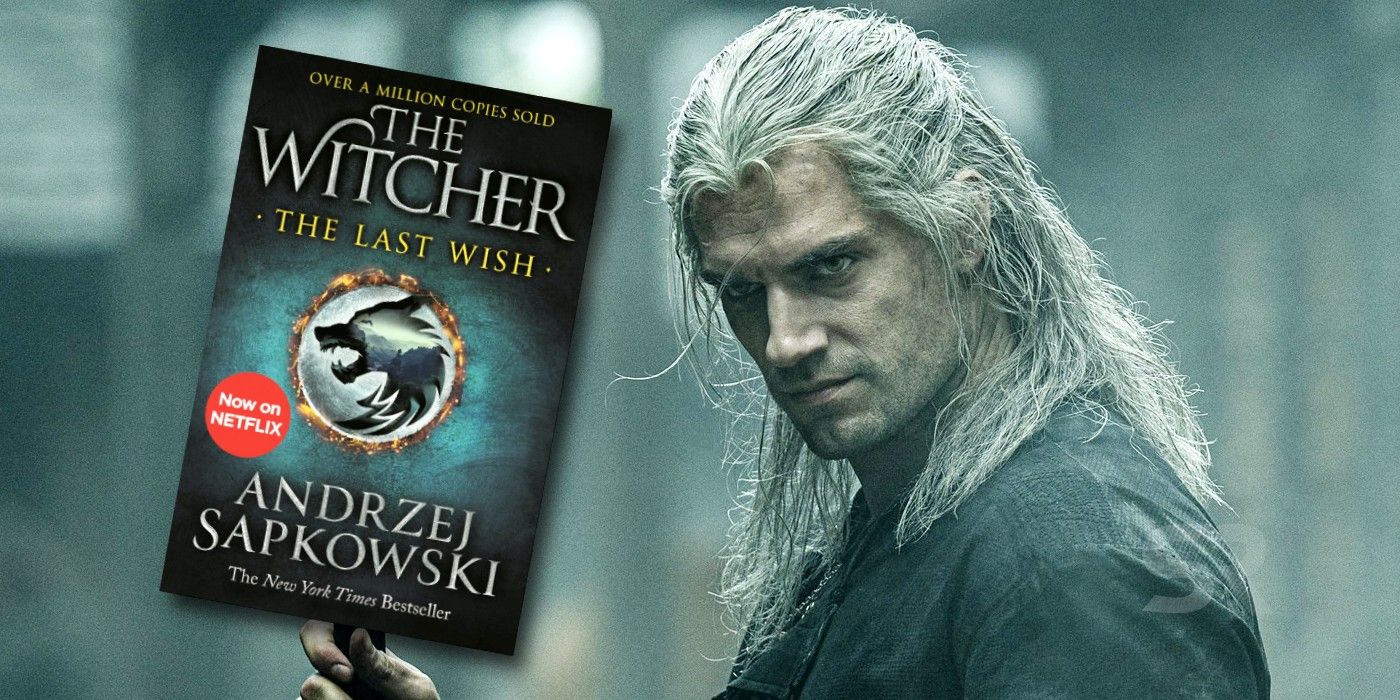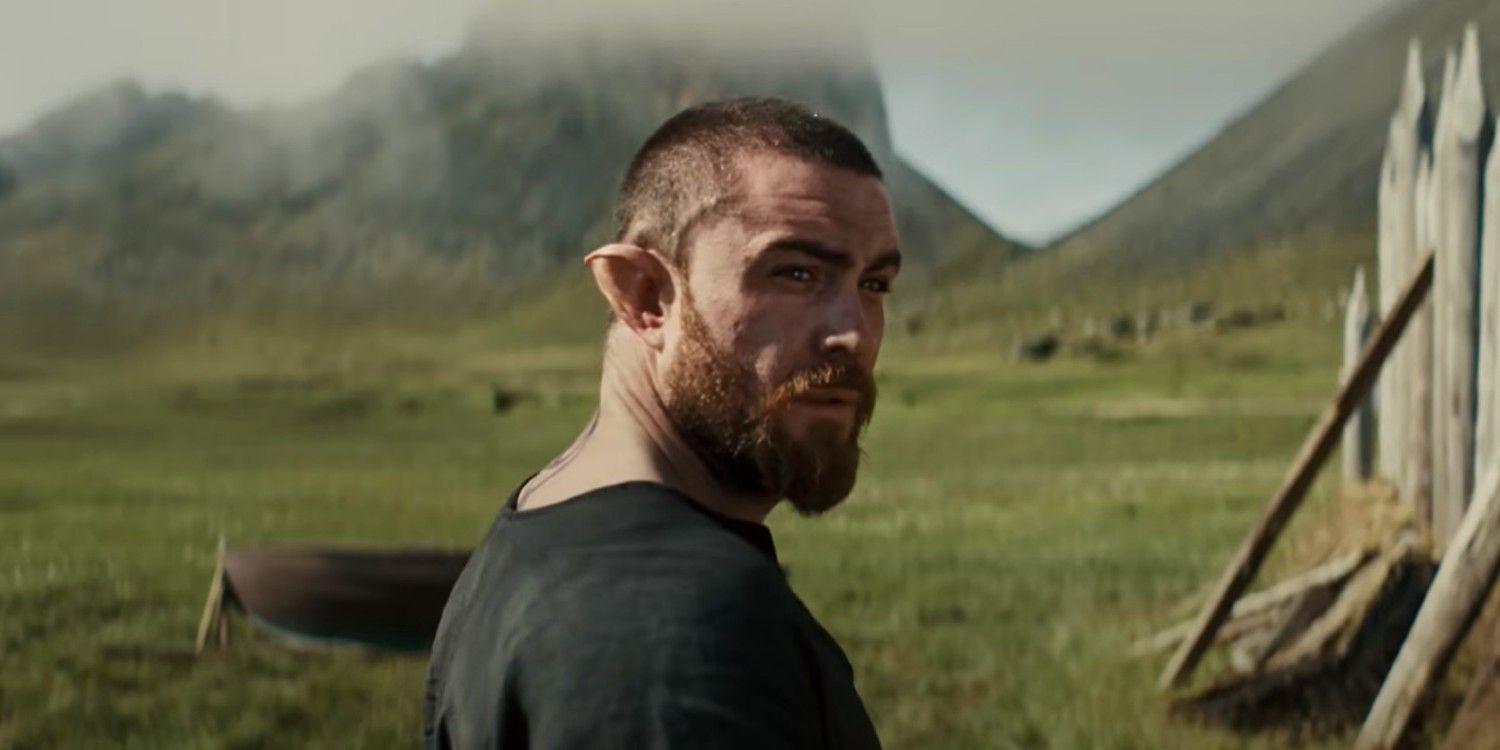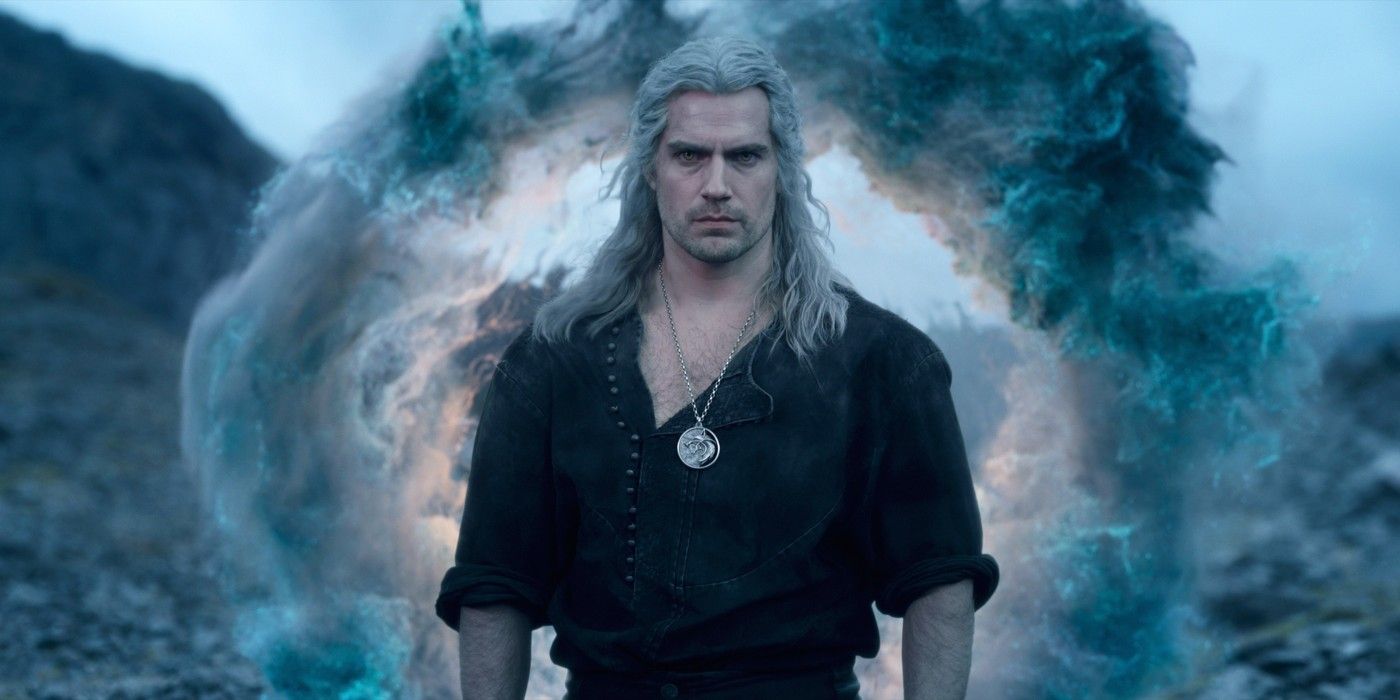Warning! SPOILERS for The Witcher: Blood Origin
The Witcher Netflix series has now added the story of the first Witcher to its canon narrative, and it has a major impact on the franchise going forward. Prequel miniseries The Witcher: Blood Origin depicts many infamous historical events in the Witcher canon, one of which was who became the first Witcher in existence. This contrasts with the creation of the first Witcher ever in The Witcher book series, which tells a different story. While much of the monster-hunting organization is shrouded in mystery and prejudice from those they protect, most know that the enhanced reflexes and strength of the Witchers are attributed to genetic mutation and experimentation.
The Witcher is a tragic figure. Most fear and hate Witchers because of their mutant status, and they are often viewed as sellswords and unnatural beings. Regardless of how the population feels, Witchers are sworn to protect the populace from monsters and are forever duty-bound to be the protectors of those who despise them. This explains much of Geralt of Rivia's (Henry Cavill) character, as being sold off as a baby to undergo a torturous transformation and become a protector of those who hate him would make anyone jaded. The creation of the first Witcher is chronicled on both Netflix and the books, with both having an impact.
How The First Witcher Was Created In The Witcher Books
Surprisingly, the creation of the first Witcher in Andrzej Sapkowski's novels was shrouded in mystery until 2018's Season of Storms provided more details rather than just abstract and vague accounts. In the novels, Witchers are created as a direct reaction to a harrowing event. Geralt comes to understand that sorcerers had been experimenting with and creating monsters for centuries. The monsters in question would end up escaping the sorcerer's hold and, in turn, begin causing massive destruction on the land.
Geralt goes on to confront a group of strong Witcher mages at the castle of Rissberg in Season of Storms, and the sorcerers reveal that these events were what caused the creation of the first Witcher. The name of the first Witcher ever is Alzur, as Sapkowski says in his book: "For it was Cosimo Malaspina, and after him his student Alzur, yes, Alzur, who created the Witchers. They invented the mutation owing to which men like you were bred. Owing to which you exist, owing to which you walk upon this earth, ungrateful one. You ought to esteem Alzur, his successors, and their works, and not destroy them!"
Before Season of Storms, Alzur was mentioned in The Lady of the Lake, as well as the short story "The Road of No Return", which unfortunately hasn't been translated into English. How the first Witcher was made isn't necessarily described in detail in Sapkowski's series, but it can be ascertained that Alzur's experiments ultimately became the Trial of the Grasses and the other harrowing steps used to create Witchers. Therefore, it's likely that the first Witcher was created in the exact same way that Geralt was, through exhaustive trials and torturous mutations.
How The First Witcher Was Created In The Witcher: Blood Origin
While Witchers have propagated enough to form a storied order in the original series, The Witcher: Blood Origin 's ending reveals that the first Witcher was an elf named Fjall (Laurence O'Fuarain). Originally a Dog Clan warrior entrusted to guard the Xintr'ean princess Merwyn (Mirren Mack), Fjall was exiled after he slept with her. Once he and Éile (Sophia Brown), otherwise known as the Lark, discover that one of their essences can be combined with a monster’s via magic to increase their abilities, Éile was originally going to become the first test subject. Fjall refused to allow this and took the first rudimentary elixir instead.
While Fjall was able to survive the harrowing process by which Witchers are made, The Witcher: Blood Origin reveals that developing the first Witcher did not come without its costs. Syndril (Zach Wyatt) and Zacaré (Lizzie Annis) tried to save their mother from an unnamed calamity in their first attempt at the Trial of the Grasses. While she survived the physical transformation, her humanity did not. The dialogue between the two mages suggests that she became a monster. This caused the pair to hesitate trying their experiment again. While tragic, it would technically make the Syndril and Zacaré's mother the first Witcher, albeit an unsuccessful one.
Throughout seasons 1 and 2 of The Witcher, the Witcher creation process is revealed alongside mystique and danger. The Witcher: Blood Origin has validated this with its depiction of the first Witcher ever in Fjall and with its hints that the process killed one other subject. Fjall’s legacy as the first Witcher can be seen in Geralt’s generation, and it’s interesting to see how the original process developed into the one it became.
Why The Creation Of The First Witcher Is Important For Season 3
Whether the first Witcher is Fjall or Alzur, the creation of the first Witcher will have a resounding impact on The Witcher season 3. While Blood Origin takes place 1,200 years before The Witcher, the miniseries depicted both how the first Witcher was made and how the Conjunction of Spheres happened. The major connection between the two, however, is the inclusion of Jaskier. Jaskier is whisked away from battle by Seanchaí, who tells him the story of Blood Origin, meaning the seven warriors and the creation of the first Witcher ever. The battle in which Jaskier is shown gives audiences a glimpse of The Witcher season 3.
The Witcher season 2 ended with the reveal of the White Flame and Ciri's father, who is determined to bring her home. What this means is that a war is coming for Geralt and Yennefer in The Witcher season 3, and the bloody battle that was shown in Blood Origin could be a taste of that. In addition, the Wild Hunt that was introduced in season 2 is led by elf Eredin Bréacc Glas. Eredin Bréacc Glas was a character in Blood Origin, revealing some of his character and history, which is sure to factor into The Witcher season 3.
Finally, Blood Origin revealed how Ciri has elder blood through Éile and Fjall. Something to note is that a Blood Origina post-credits scene sees Ciri as a child being watched over by the elf mage Avallac'h. Avallac'h has a major role in the franchise overall, but especially in The Witcher season 3, with the prequel setting up the fact that he was an apprentice to the chaos magic-wielding mage Balor. All in all, Blood Origins will have a lot of impact on The Witcher season 3, proving that while its events happened over 1000 years in the past, they still have a substantial impact on the present.




